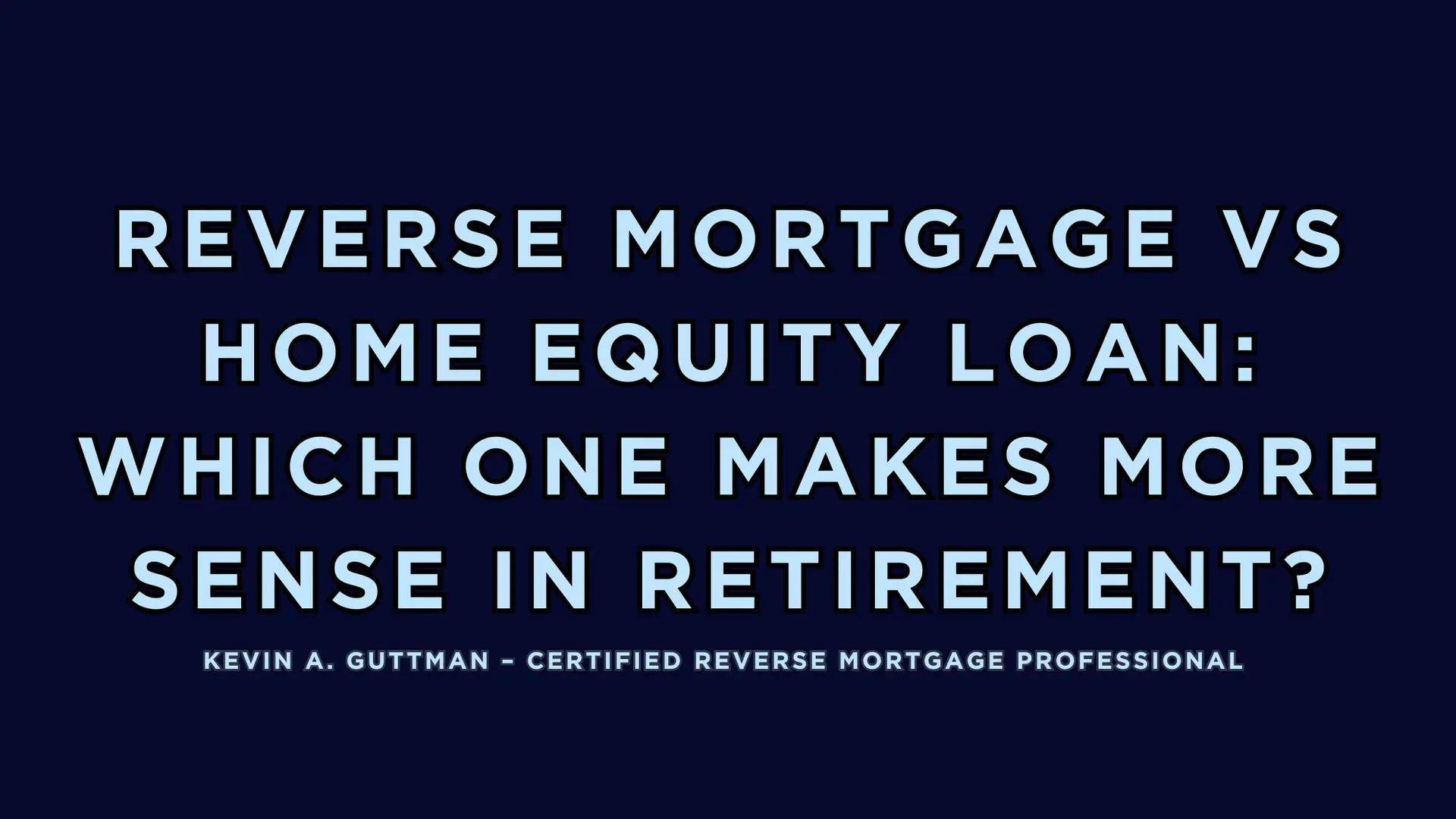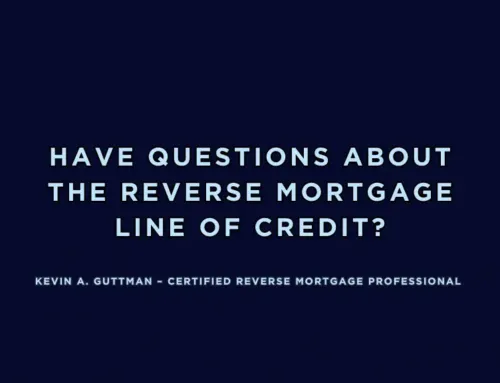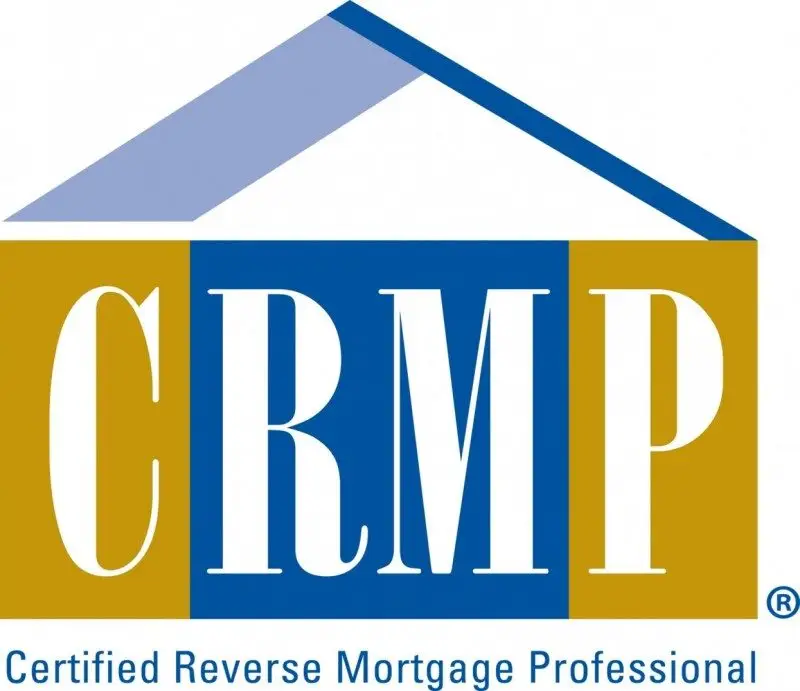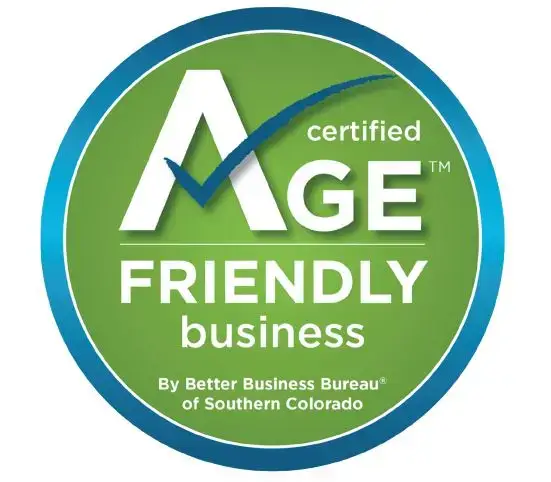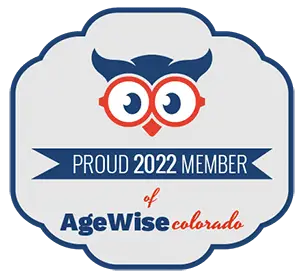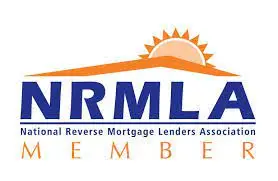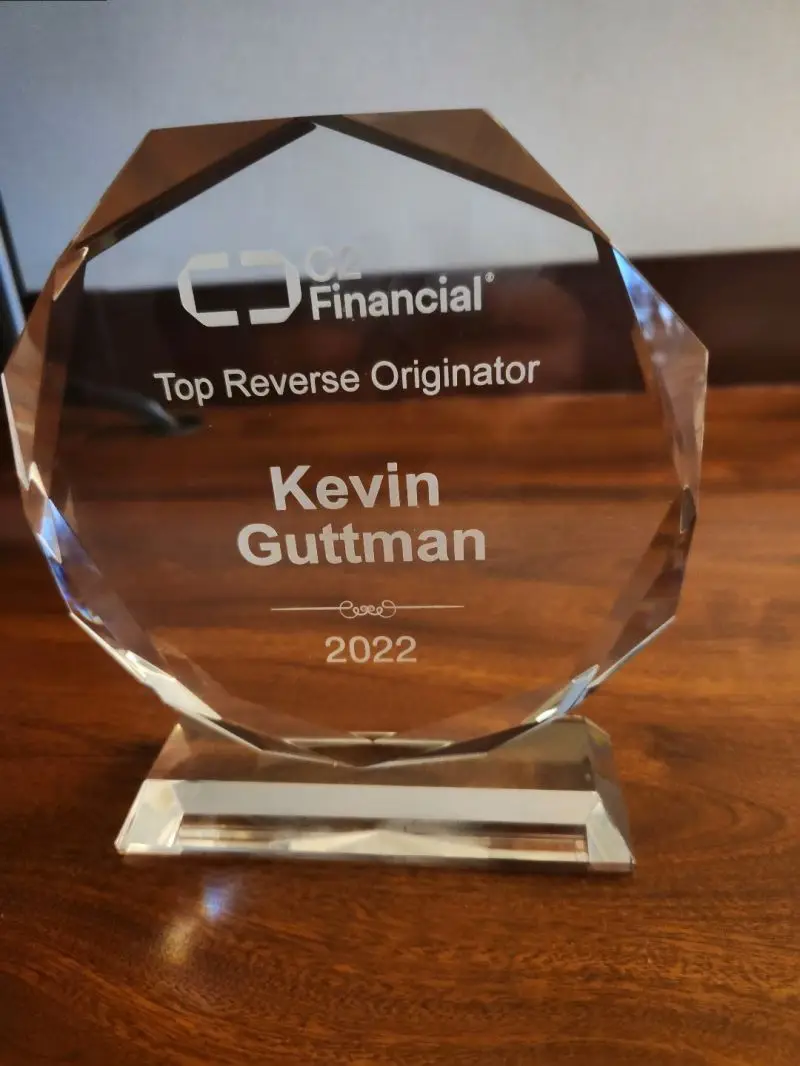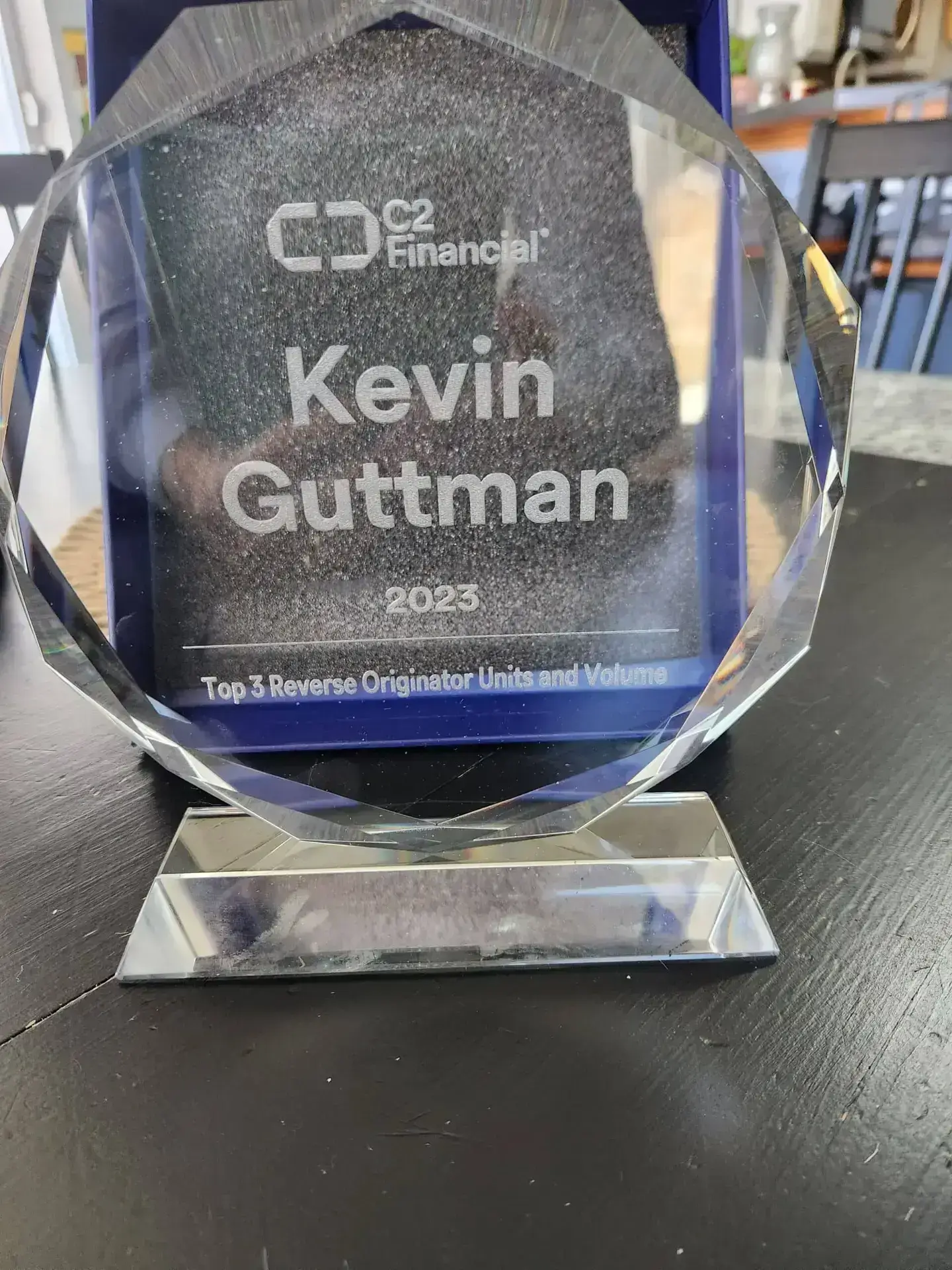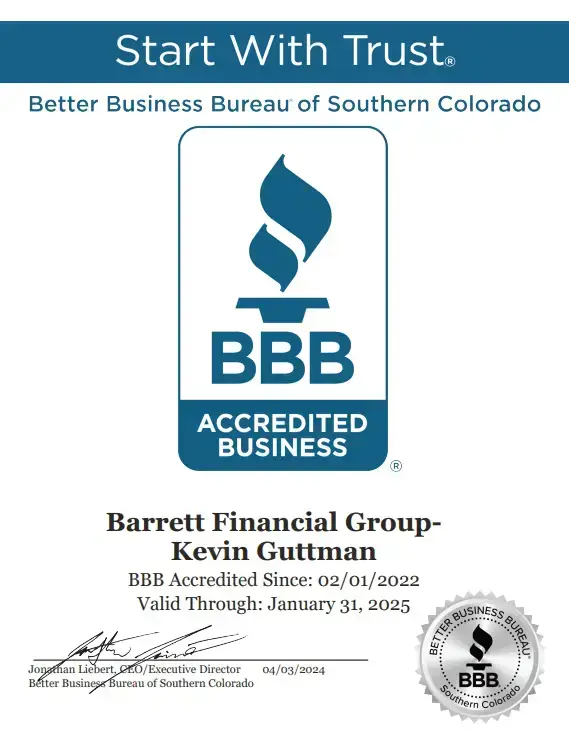For many Colorado homeowners entering retirement, one question comes up often — how can you best use your home equity to create financial stability without taking on unnecessary risk? Two common options are a reverse mortgage and a home equity loan. Both allow you to access the value built up in your home, but they work very differently and are designed for different financial goals.
Understanding the pros, cons, and ideal use cases for each can help you make a confident decision about which is better for your retirement plan.
What Is a Reverse Mortgage?
A reverse mortgage, officially known as a Home Equity Conversion Mortgage (HECM), is a loan program insured by the Federal Housing Administration (FHA) that allows homeowners aged 62 or older to convert part of their home equity into tax-free cash.
Unlike a traditional loan, a reverse mortgage does not require monthly payments. You continue to live in your home, maintain ownership, and remain responsible for property taxes, insurance, and upkeep. The loan is repaid when you sell the home, move out permanently, or pass away.
For many retirees in Colorado Springs, this type of loan offers financial breathing room and flexibility — whether it’s supplementing income, paying off existing debt, or funding home renovations for aging in place.
What Is a Home Equity Loan?
A home equity loan, often called a second mortgage, lets you borrow against your home’s value in a lump sum. You repay it with fixed monthly payments that include both principal and interest.
Unlike a reverse mortgage, a home equity loan is available to homeowners of any age and typically offers a set repayment term, such as 10 to 20 years. You must have enough income to qualify, since lenders verify your ability to make monthly payments.
For retirees, this type of loan can work well if you need a one-time amount of cash and have reliable income to handle the monthly obligation.
Key Differences Between a Reverse Mortgage and a Home Equity Loan
The main difference lies in how and when you repay the money. A reverse mortgage provides access to your equity without monthly payments, while a home equity loan requires consistent repayment from day one.
With a reverse mortgage, repayment is deferred until the loan ends, usually when you move or sell the property. With a home equity loan, you begin making monthly payments immediately, which can strain cash flow in retirement.
Reverse mortgages are also limited to homeowners aged 62 and older, while home equity loans are open to all qualified borrowers.
Pros and Cons to Consider
Reverse Mortgage Advantages
A reverse mortgage frees up monthly cash flow since there are no required payments, provides federally insured protection against owing more than the home’s value, and allows you to stay in your home for life as long as you meet basic obligations.
Reverse Mortgage Considerations
Closing costs can be higher than a standard loan, and your home equity will decrease over time as loan interest accumulates.
Home Equity Loan Advantages
Home equity loans may offer lower upfront costs, a fixed interest rate, and predictable monthly payments. They can be a good option for short-term financing needs if you have stable income.
Home Equity Loan Considerations
The monthly payment obligation can increase financial pressure during retirement, and missed payments can put your home at risk.
Which Option Makes More Sense for Retirement?
If your goal is to improve monthly cash flow, reduce debt, or access equity without taking on new payments, a reverse mortgage may make more sense. It is especially beneficial for retirees who plan to stay in their home long term.
If you have strong income, want a smaller, shorter-term loan, or need funds for a one-time expense, a home equity loan might fit better.
Ultimately, the right choice depends on your overall retirement plan, income stability, and long-term housing goals.
The Bottom Line
Both reverse mortgages and home equity loans offer ways to tap into the value of your home, but they serve very different purposes. Reverse mortgages focus on financial freedom and flexibility for retirees, while home equity loans are structured around steady repayment and shorter-term needs.
For personalized guidance, reach out to Kevin Guttman, a Certified Reverse Mortgage Professional (CRMP) in Colorado Springs, who helps homeowners evaluate which option best fits their goals. Kevin’s approach focuses on education, transparency, and helping you make the right choice for your retirement.
Have questions about which loan option is best for you?
Contact Kevin Guttman today through ReverseMortgageRevolution.com for personalized guidance and a no-pressure consultation.
- Phone: (719) 302-5820
- Website: Reverse Mortgage Revolution
- Reverse Mortgage Quick Quiz
- Home Equity Quick Quiz
Final Thought
A reverse mortgage can be a safe, flexible, and empowering solution — when it’s the right fit. Whether you want to reduce financial stress, eliminate payments, or simply enjoy more comfort in retirement, understanding how a reverse mortgage works is the first step.
Have questions? Kevin Guttman is here to help. As a Certified Reverse Mortgage Professional licensed in 18 states HI, WA, OR, CA, ID, UT, AZ, CO, NM, KS, OK, TX, TN, AL, FL, MI, OH, and PA. Get in touch today for a free quote in minutes. Kevin offers clarity, transparency, and personalized advice you can count on.


